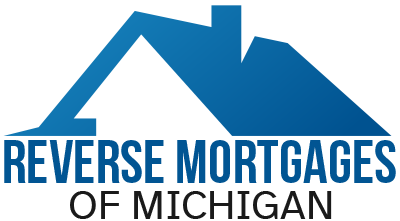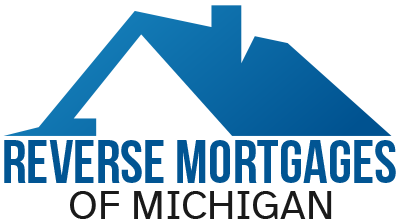When a Reverse Mortgage might be necessary for seniors

When a Reverse Mortgage might be necessary for seniors
Reverse mortgages can be a complex financial tool, but they can offer a lifeline for many seniors facing financial challenges in retirement. While it’s essential to weigh the pros and cons carefully, understanding when a reverse mortgage might be necessary can help you make informed decisions.
What is a Reverse Mortgage?
Before diving into when a reverse mortgage might be necessary, let’s briefly explain what it is. A reverse mortgage is a loan that allows homeowners aged 62 or older to convert a portion of their home’s equity into cash. Unlike traditional mortgages, you don’t make monthly payments. Instead, the loan becomes due when you sell the house, move out permanently, or pass away.
When Might a Reverse Mortgage Be Necessary?
Several circumstances might indicate that a reverse mortgage could be a viable option for seniors:
- Insufficient Retirement Income: If your retirement savings are falling short of covering essential living expenses, a reverse mortgage can provide additional income.
- High Housing Costs: Rising property taxes, homeowners insurance, and maintenance costs can strain retirement budgets. A reverse mortgage can help cover these expenses.
- Major Medical Expenses: Unexpected medical bills can deplete savings rapidly. A reverse mortgage can provide funds to pay for medical care, long-term care, or in-home assistance.
- Debt Consolidation: If you’re burdened with high-interest debt, a reverse mortgage can provide funds to pay off those debts and reduce monthly payments.
- Home Modifications: As seniors age, they may need to make modifications to their homes to accommodate disabilities. A reverse mortgage can finance these improvements.
Important Considerations
While a reverse mortgage can be a valuable tool, it’s crucial to consider the following:
- Home Equity: The amount you can borrow depends on your home’s value, your age, and current interest rates.
- Loan Costs: Reverse mortgages come with fees and closing costs, which can reduce the amount you receive.
- Impact on Inheritance: A reverse mortgage can reduce the estate left to heirs.
- Alternatives: Explore other options, such as downsizing, renting out a room, or government assistance programs, before deciding on a reverse mortgage.
It’s essential to consult with a qualified financial advisor or housing counselor to determine if a reverse mortgage is right for your situation. They can help you understand the pros and cons, explore alternatives, and ensure you make informed decisions.
Would you like to learn more about the pros and cons of reverse mortgages or explore alternative options for seniors facing financial challenges?
Contact David Blatt your Reverse Mortgage Specialist at (248) 763-1438 or send him an email using our contact form.





